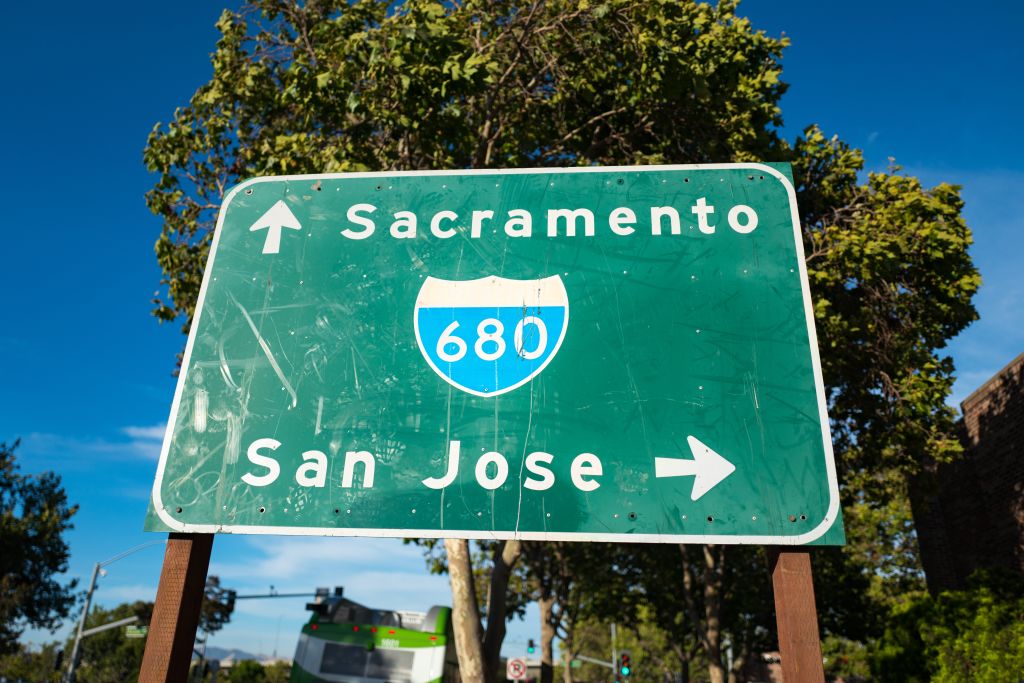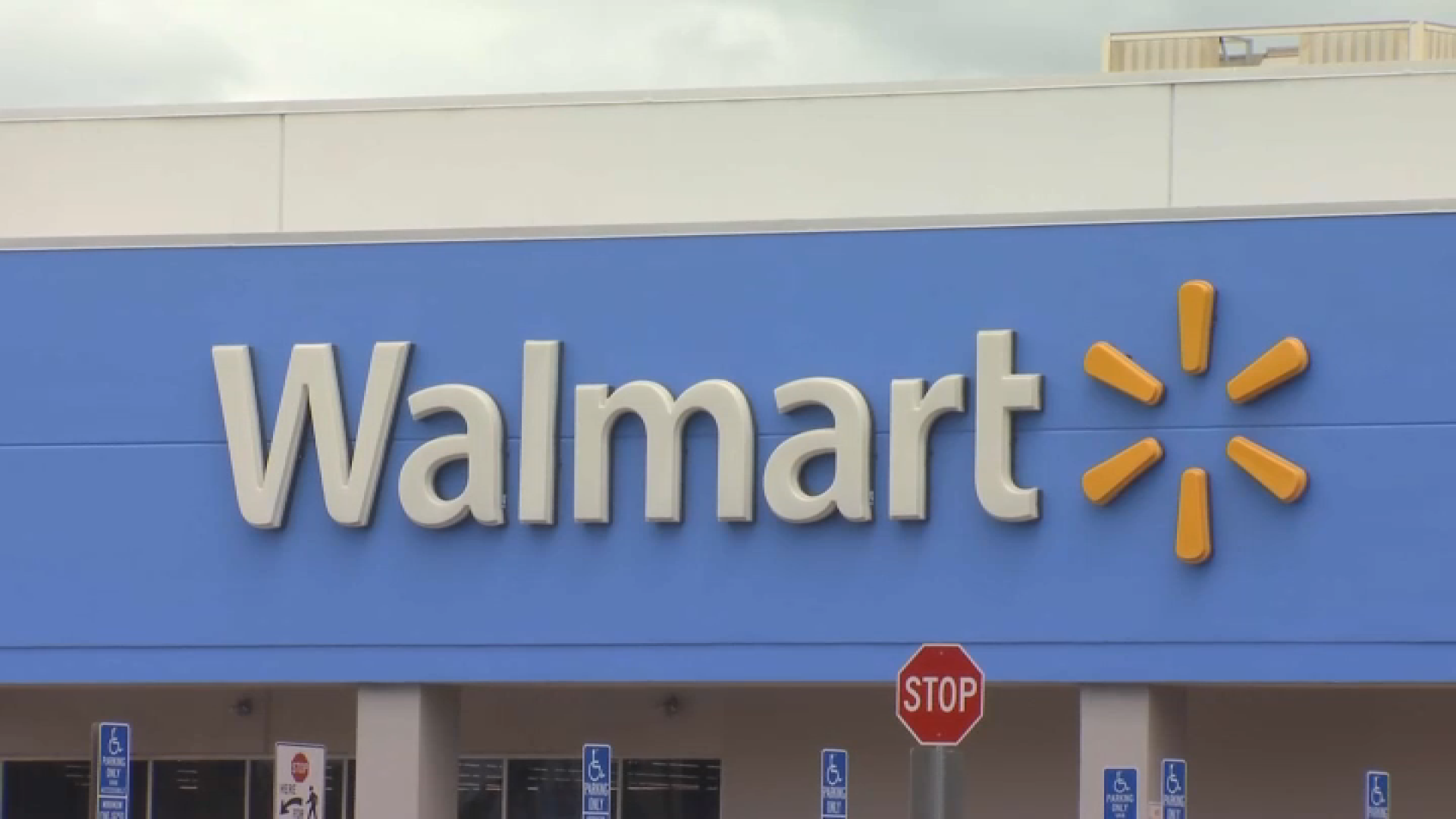California air regulators on Thursday were considering first-in-the nation rules to require low-carbon fuels, part of the state's wider effort to reduce greenhouse gas emissions.
The California Air Resources Board is expected to adopt standards that could serve as a template for a national policy, which has been advocated by President Barack Obama and Democrats in Congress.
The proposal calls for reducing the carbon content of fuels sold in California by 10 percent by 2020. It does so using a groundbreaking approach, by counting all the emissions required to deliver gasoline and diesel to California consumers -- from drilling a new oil well or planting corn to transporting it to gas stations.
"We all know the transportation sector is responsible for more greenhouse gas emissions than any other sector in California," board chairwoman Mary Nichols said at the opening of the hearing. "The emissions from this sector have traditionally grown in California at a rate that exceeds even our growth in population. It has led to a host of environmental problems."
Transportation accounts for 40 percent of greenhouse gas emissions in California.
Representatives of the ethanol industry have been critical of the proposed rules.
They say California regulators have overstated the environmental effects of corn-based ethanol. They are especially critical of the air board's intention to tie global deforestation and other land conversions to biofuel production in the United States.
Local
For example, the air board says Brazil has converted rainforest into soybean plantations as a direct result of the growth in corn-based ethanol in the U.S. As farmers plant more corn and fewer soybean fields, other countries must find a way to make up the difference.
The destruction forests elsewhere to do that would count against ethanol producers in the U.S. under the formula being considered by the Air Resources Board.
Meanwhile, the petroleum industry has warned that California is moving too quickly without any assurances that the alternative fuels they will be required to sell will be available for a mass market. They have asked the board to delay a decision until next year.
Two years ago, Gov. Arnold Schwarzenegger directed air regulators to develop a rule that would boost the amount of renewable fuels sold in the state.
Nichols said Thursday a low-carbon mandate would reduce California's dependency on petroleum by 20 percent and account for one-tenth of the state's goal to cut greenhouse gas emissions by 2020.
It also builds upon California's previous effort to force auto manufacturers to build more fuel-efficient vehicles. That regulation was blocked last year by the federal government, but the Obama administration is reconsidering that decision.
If the air board adopts a low-carbon fuel standard, petroleum refiners, companies that blend fuel and distributors must gradually increase the cleanliness of the fuels they sell in California beginning in 2011.
The regulation would not mandate what alternative they must use. Rather, it would assign a so-called carbon-intensity score to various fuels.
The idea is that providers would choose to buy the cleanest fuels so they can more easily meet their obligations. For example, instead of buying heavy crude oil extracted from Canadian oil sands, which takes more energy to convert into gasoline, a refiner might mix ethanol made from municipal garbage into their fuel.



